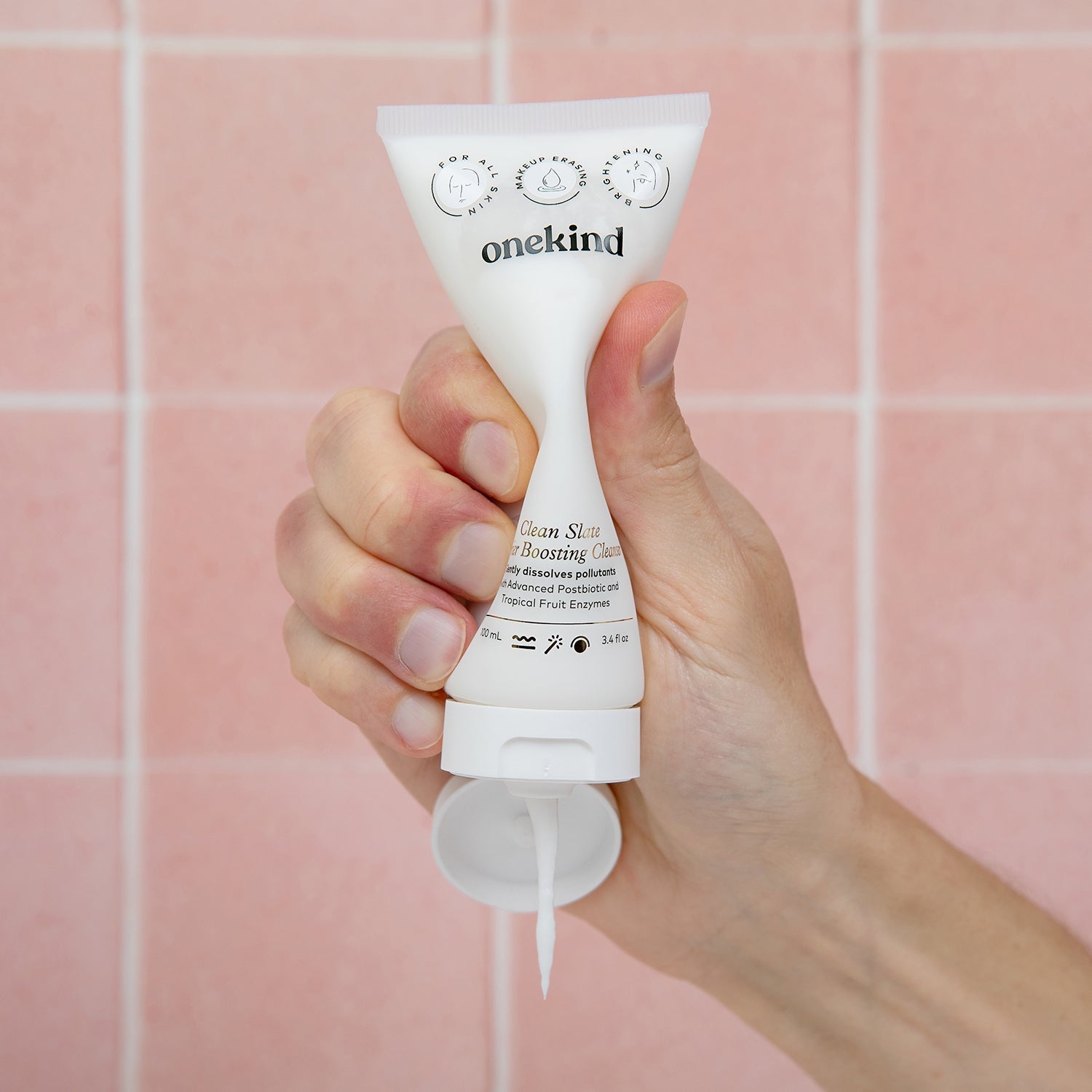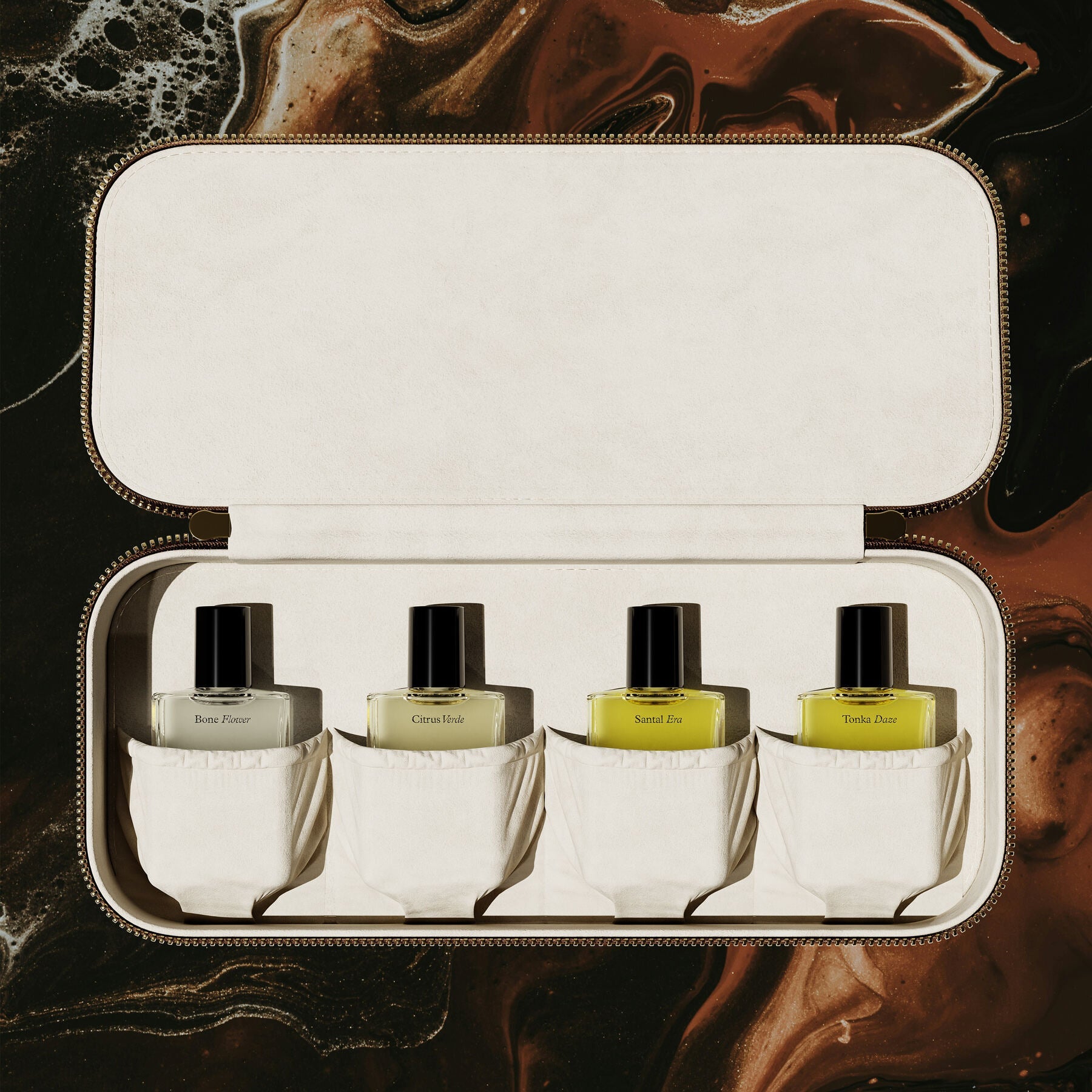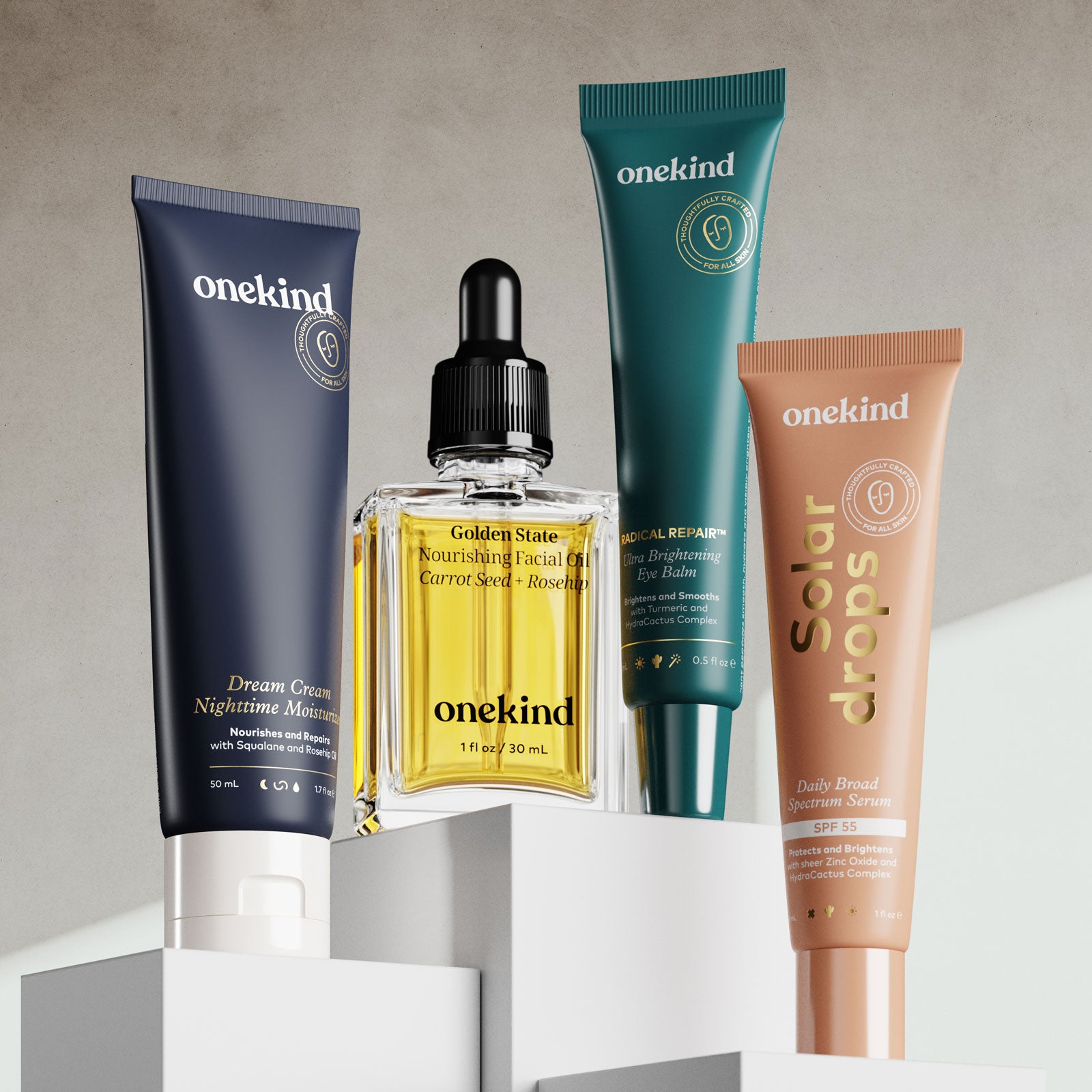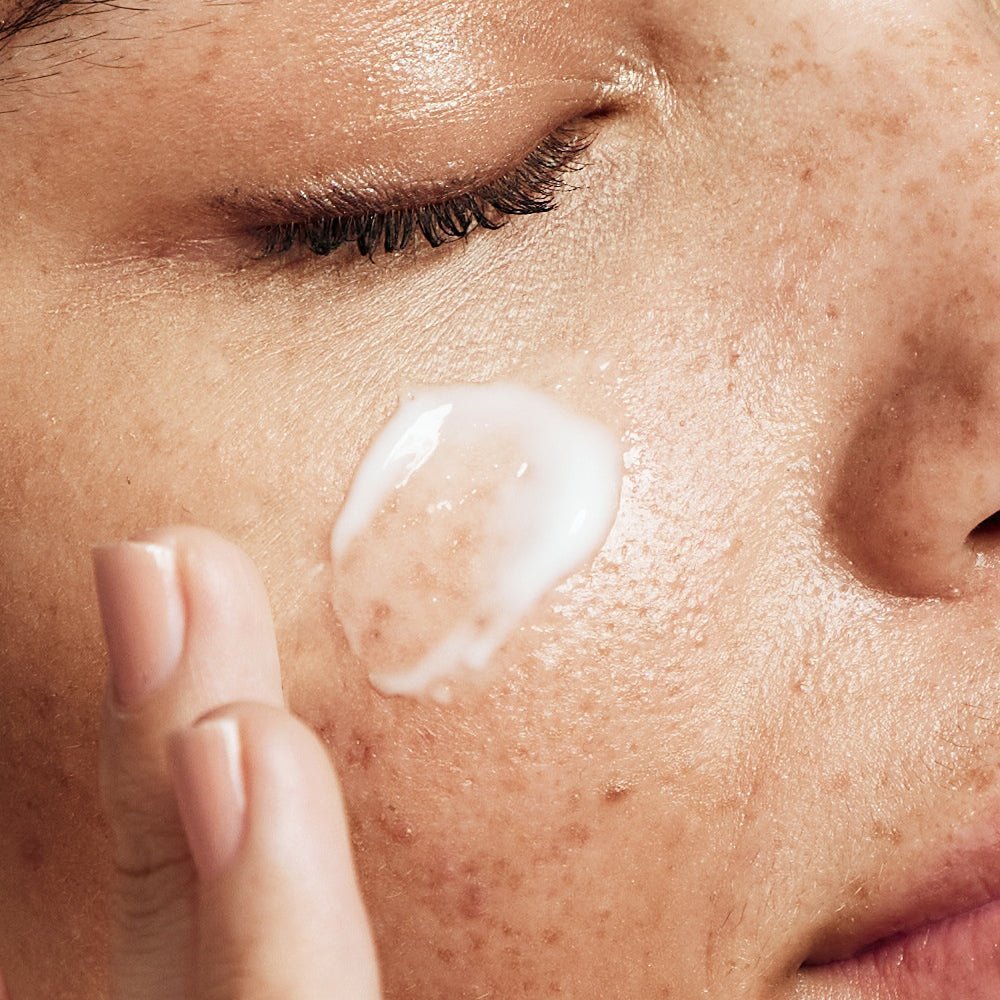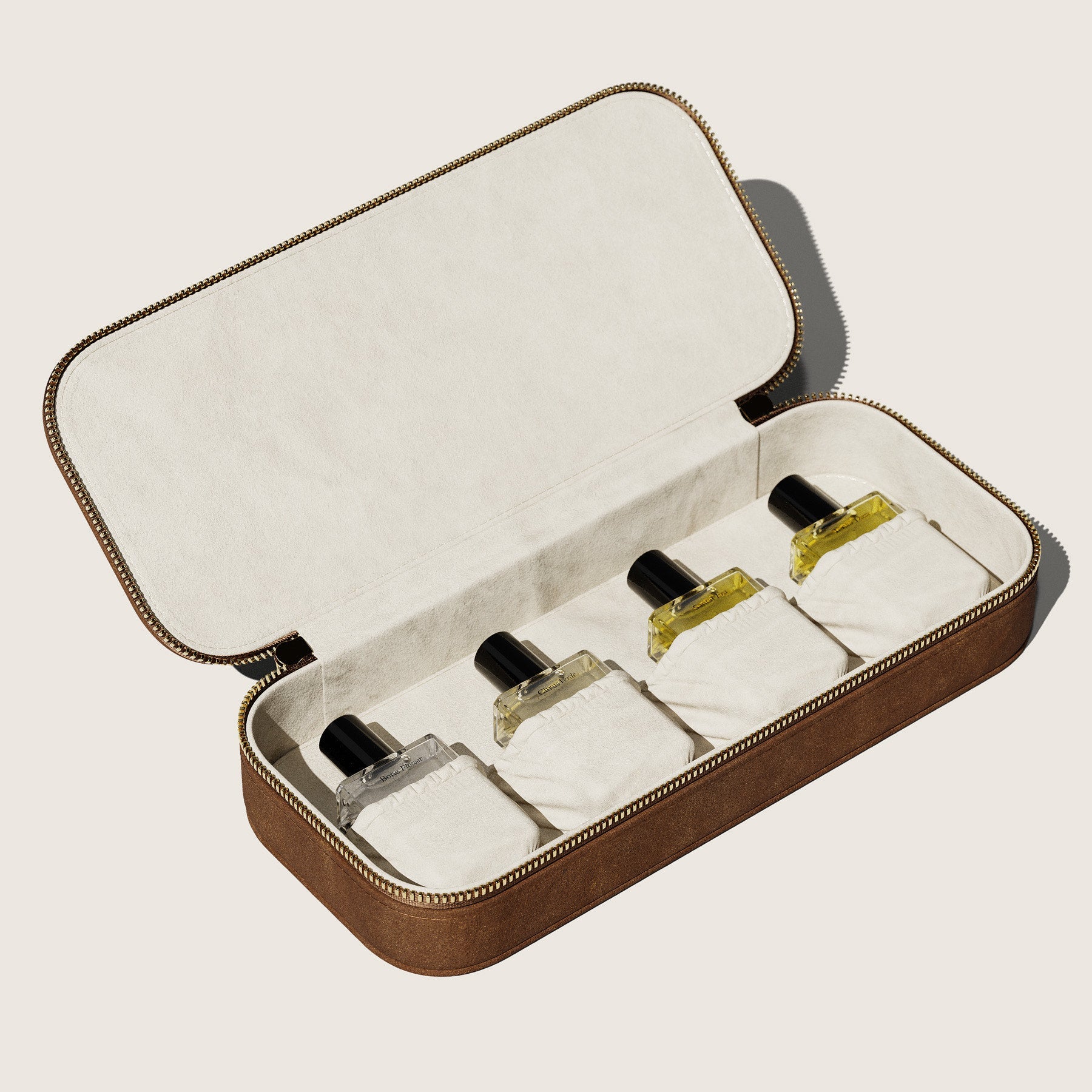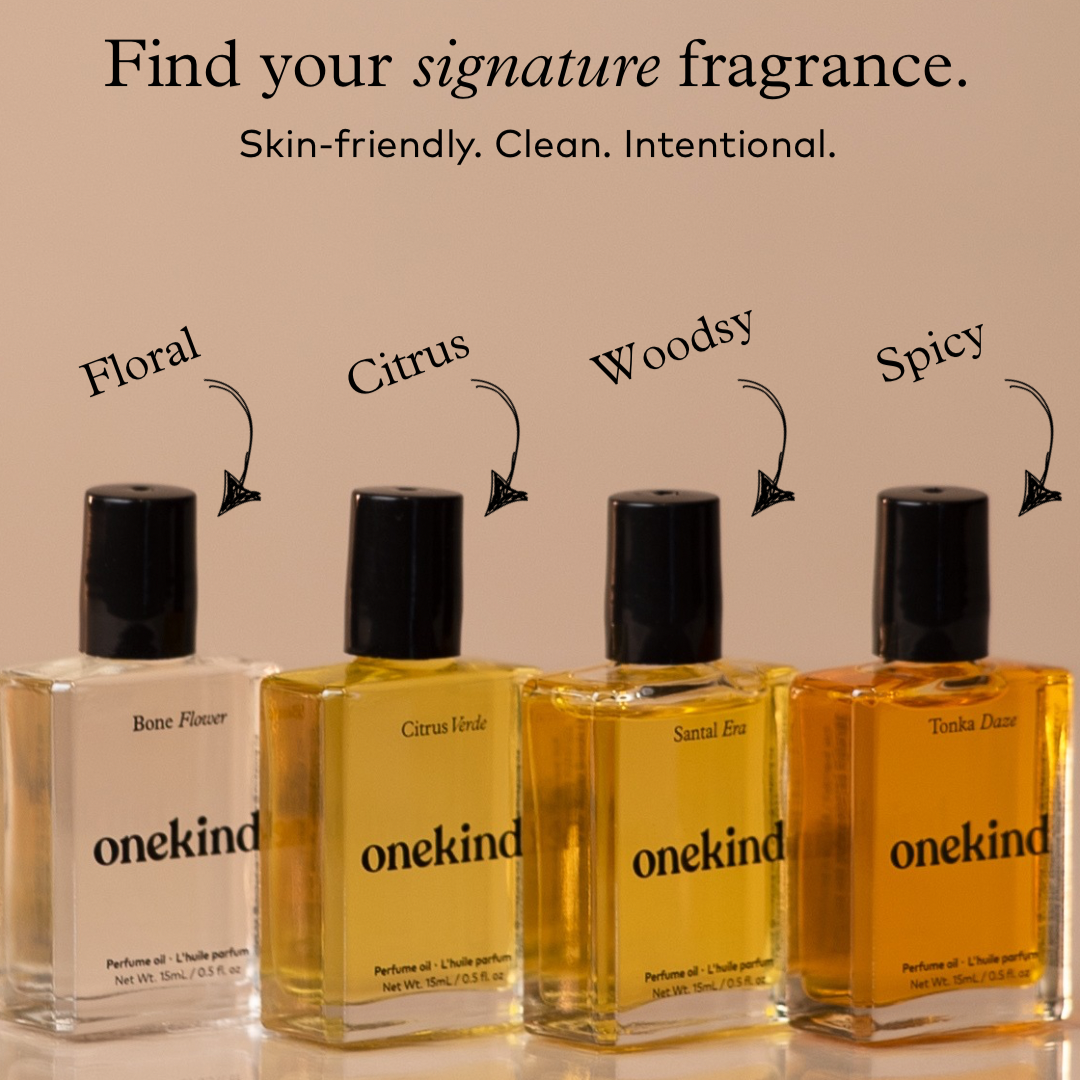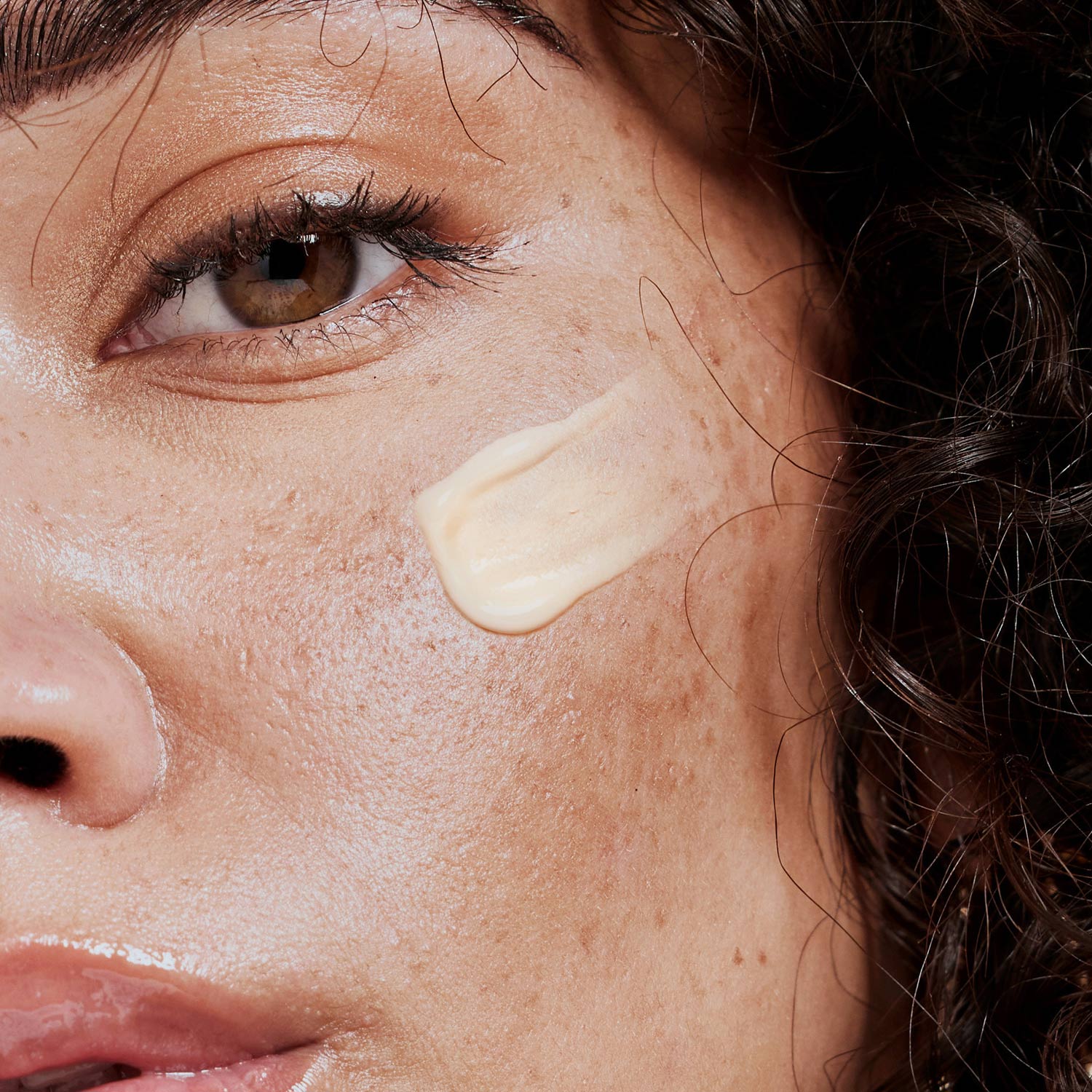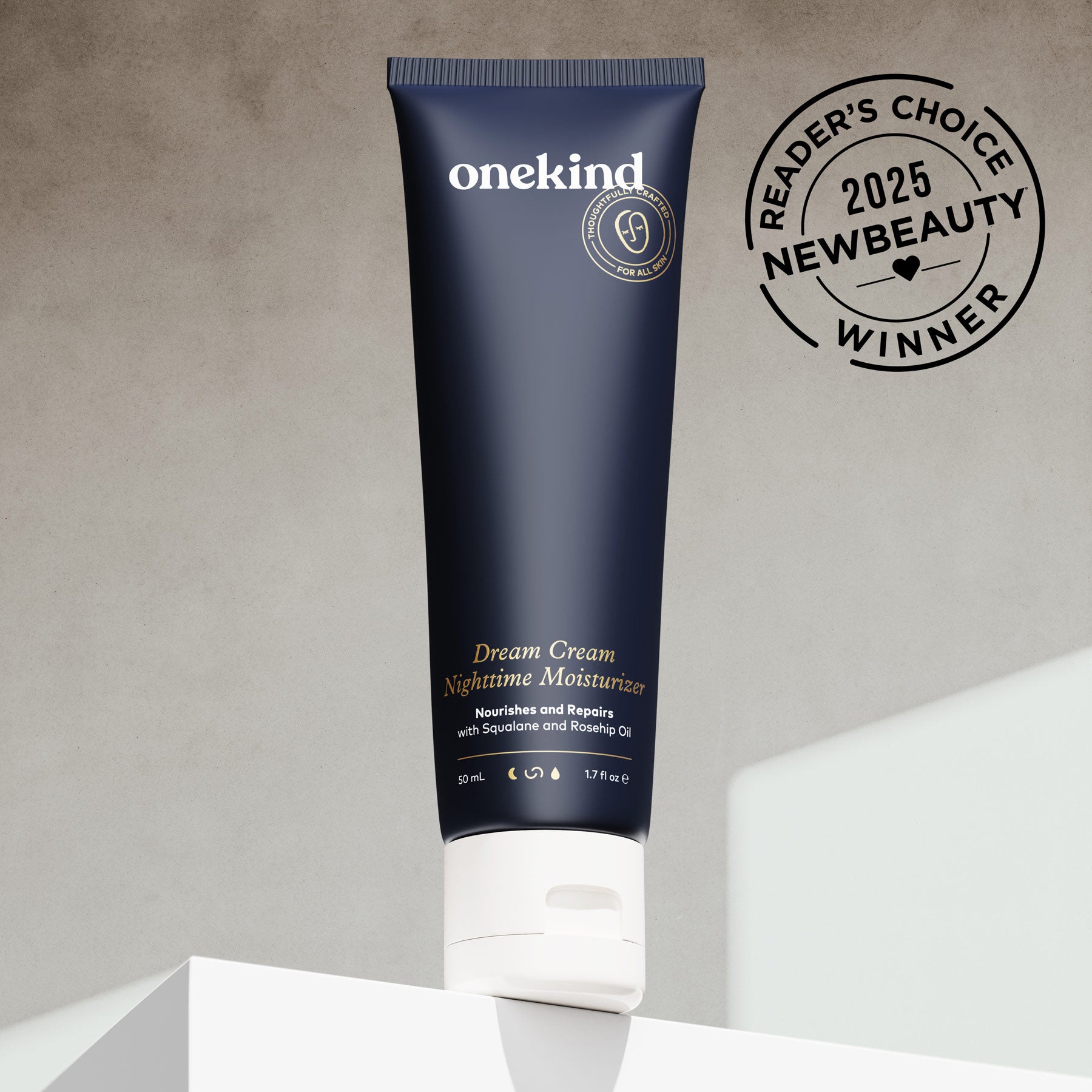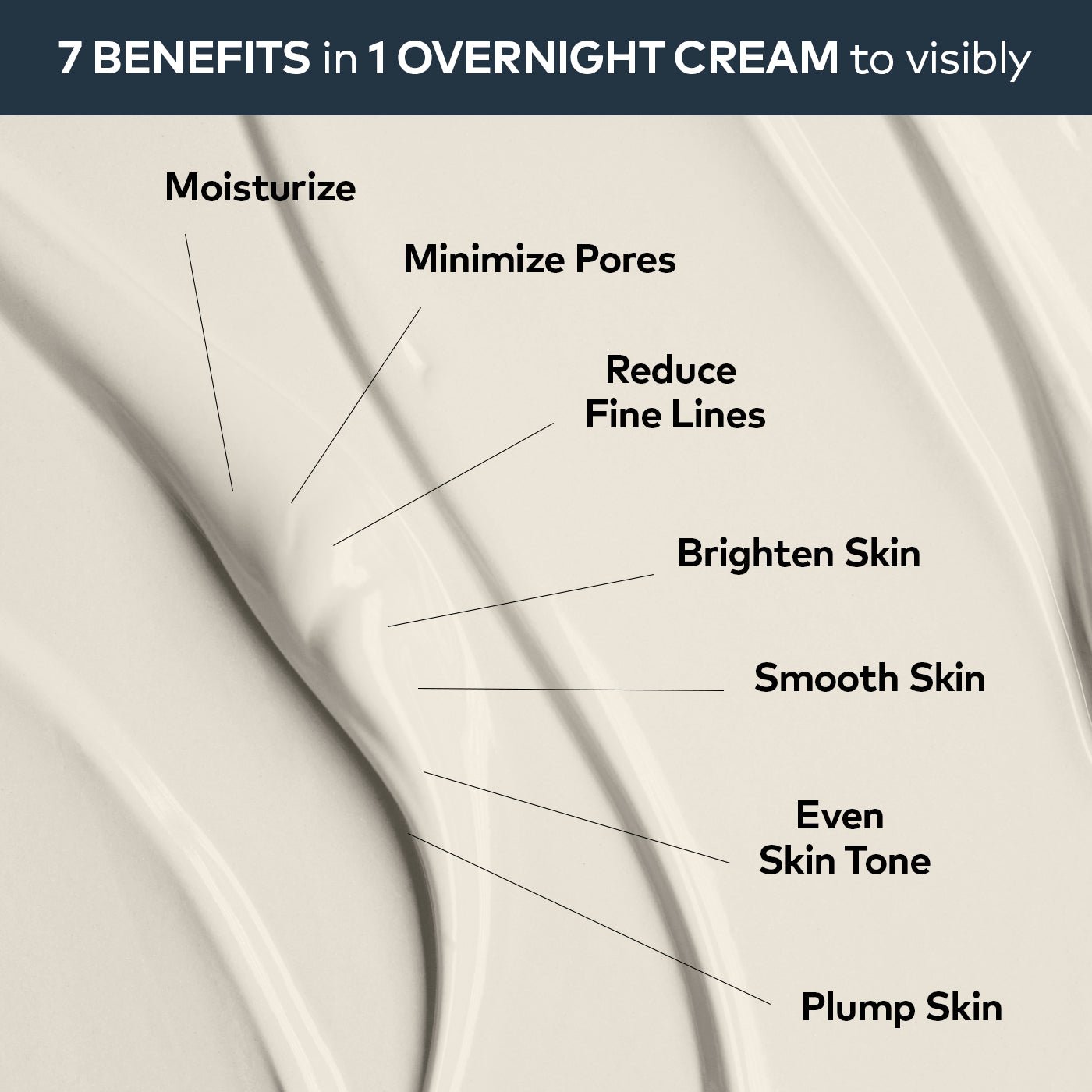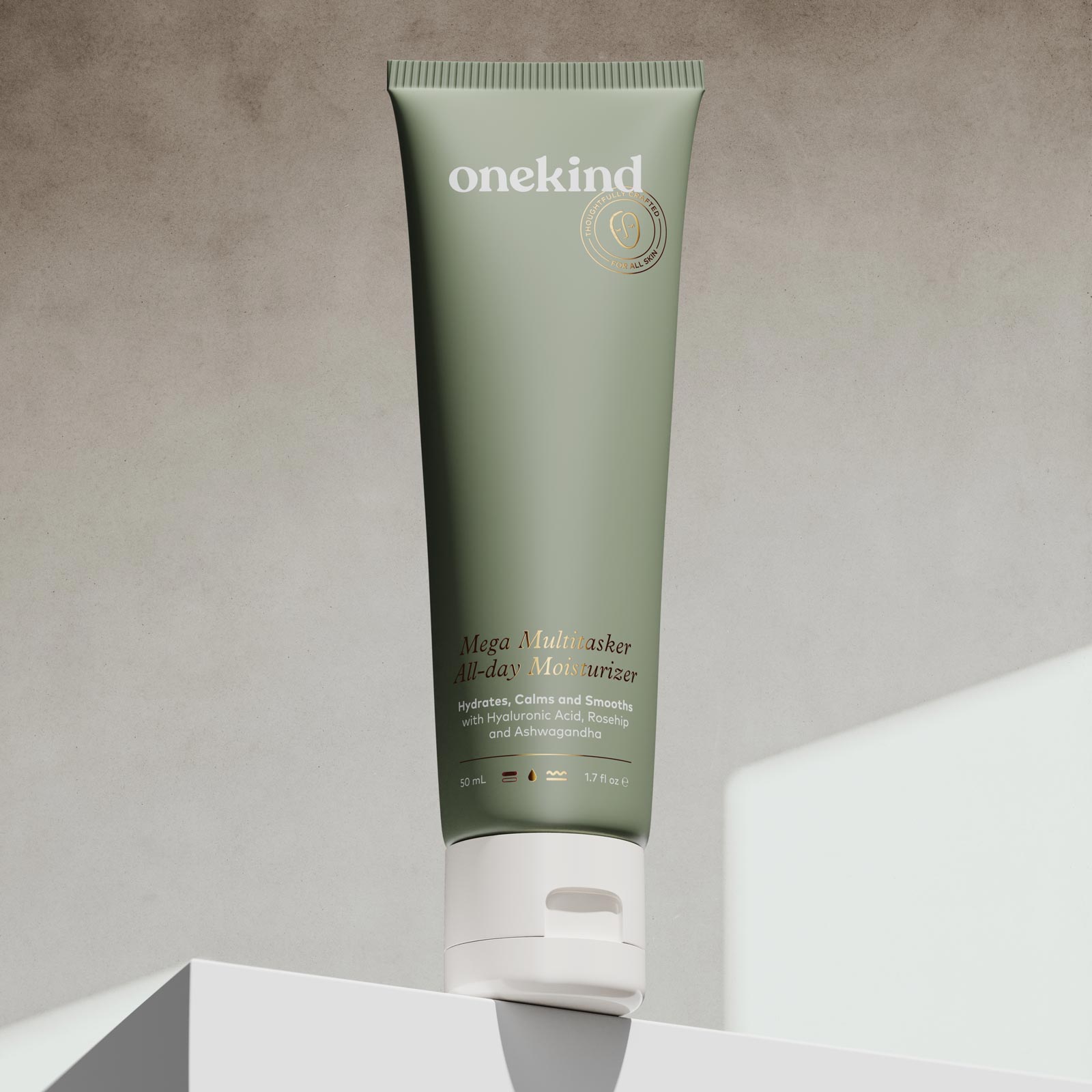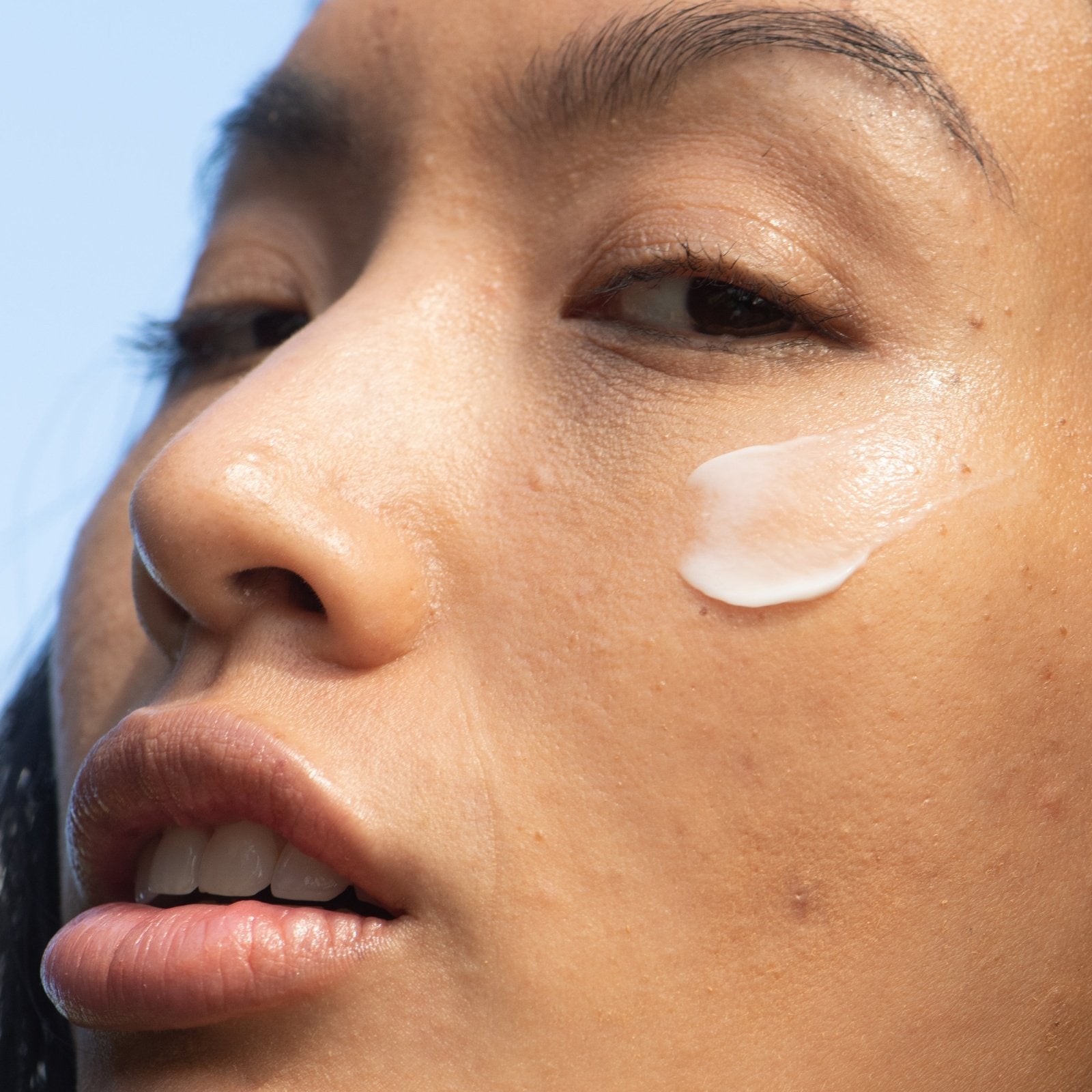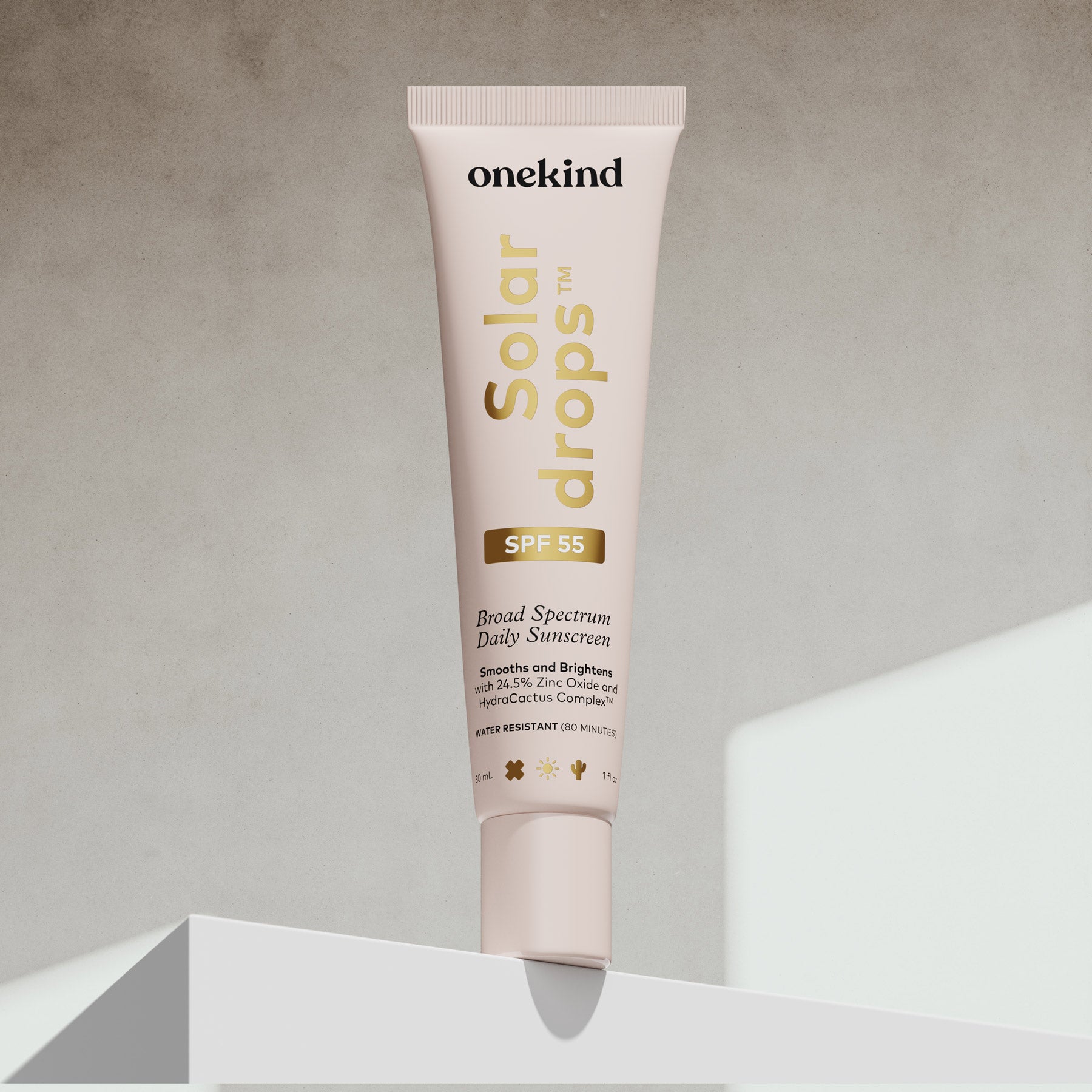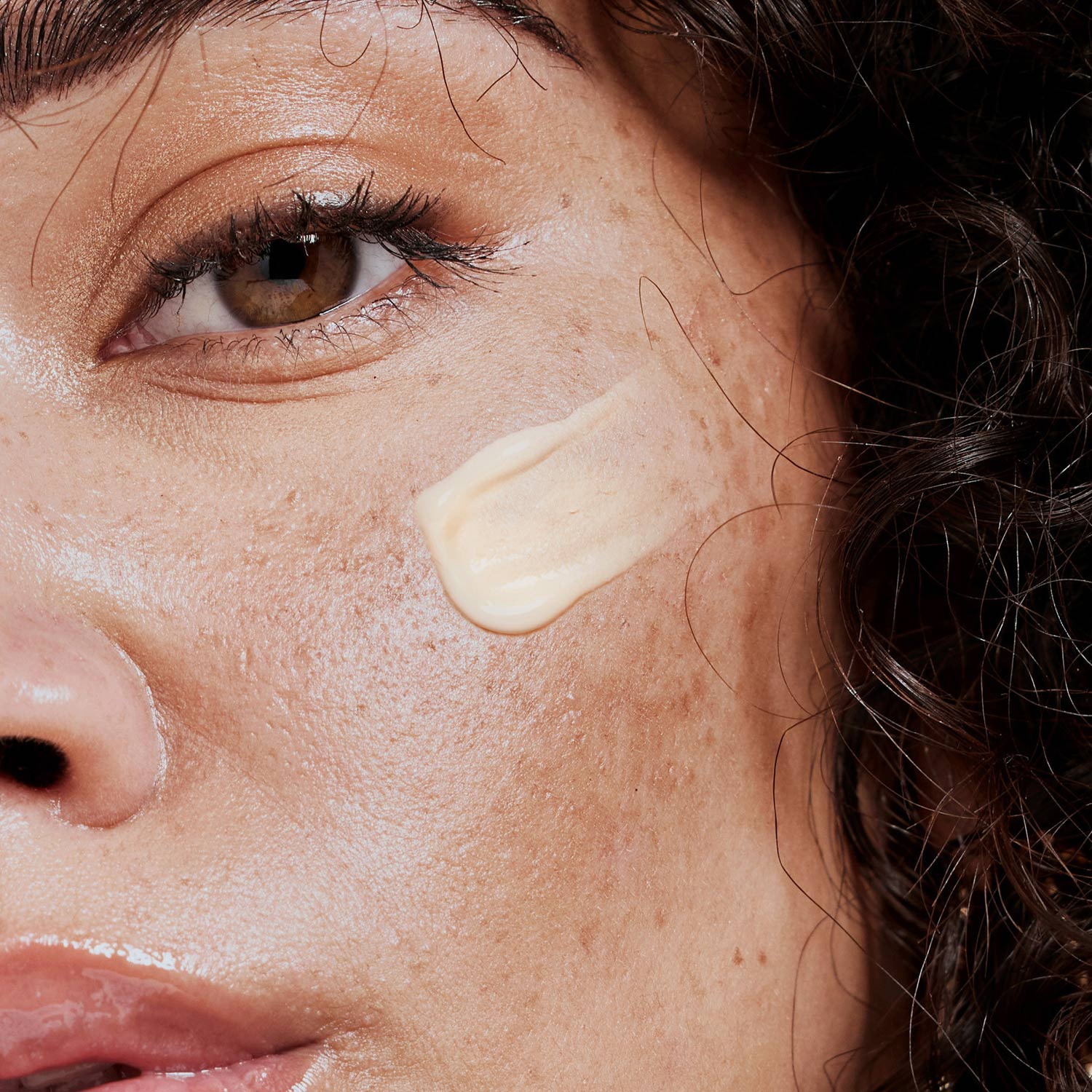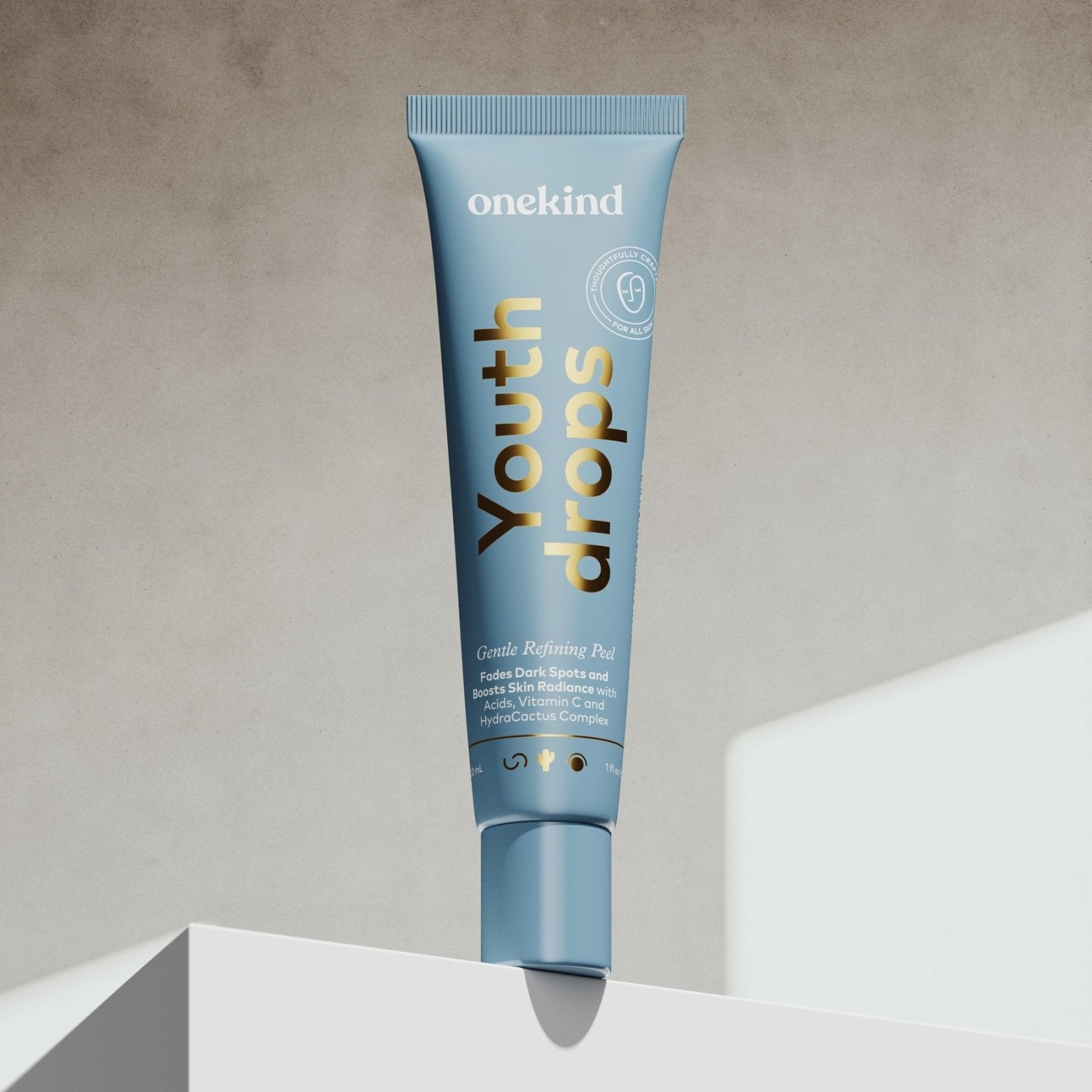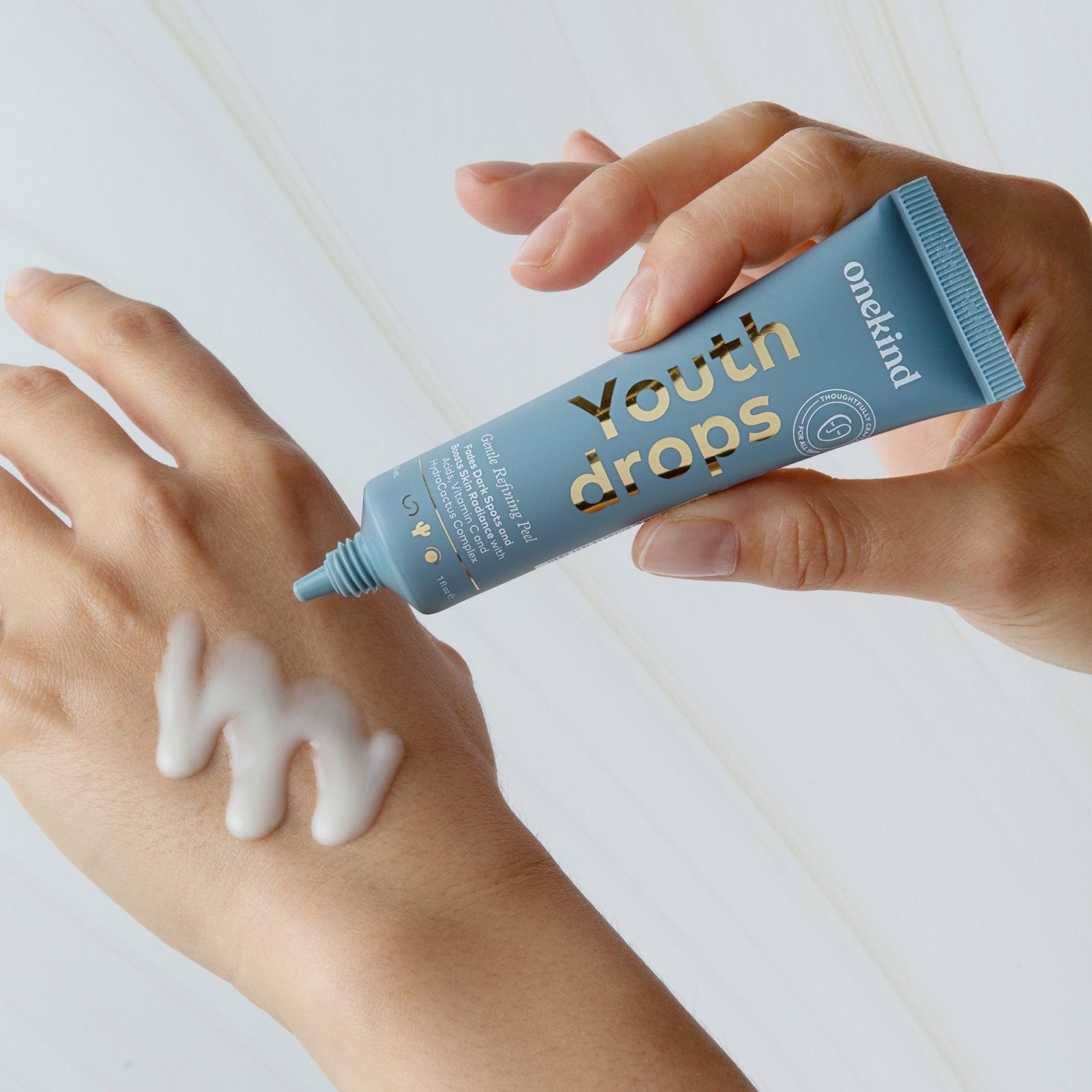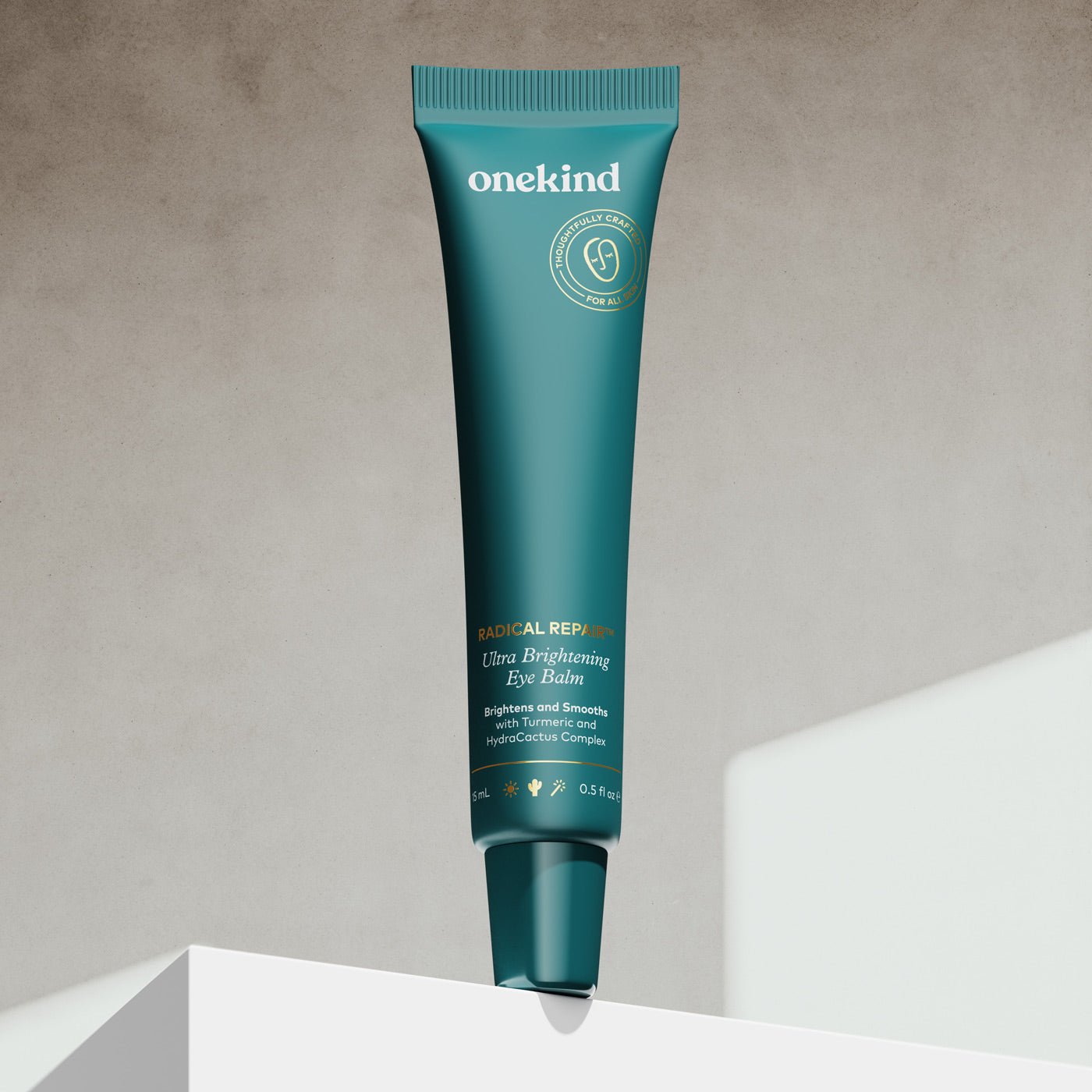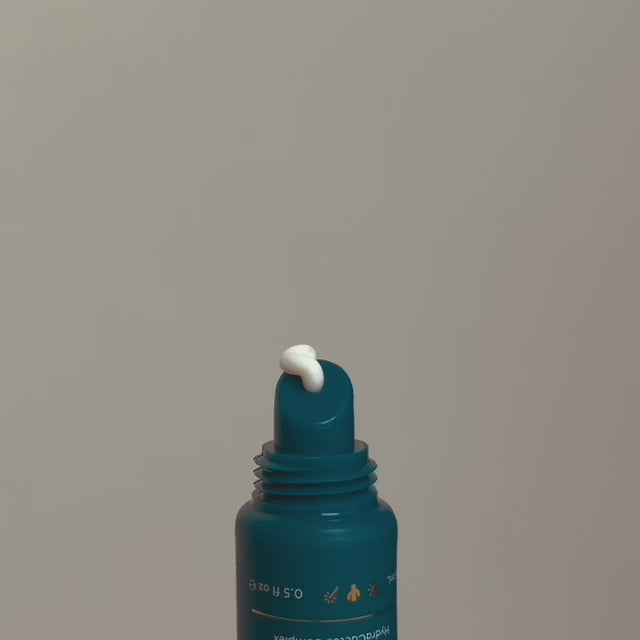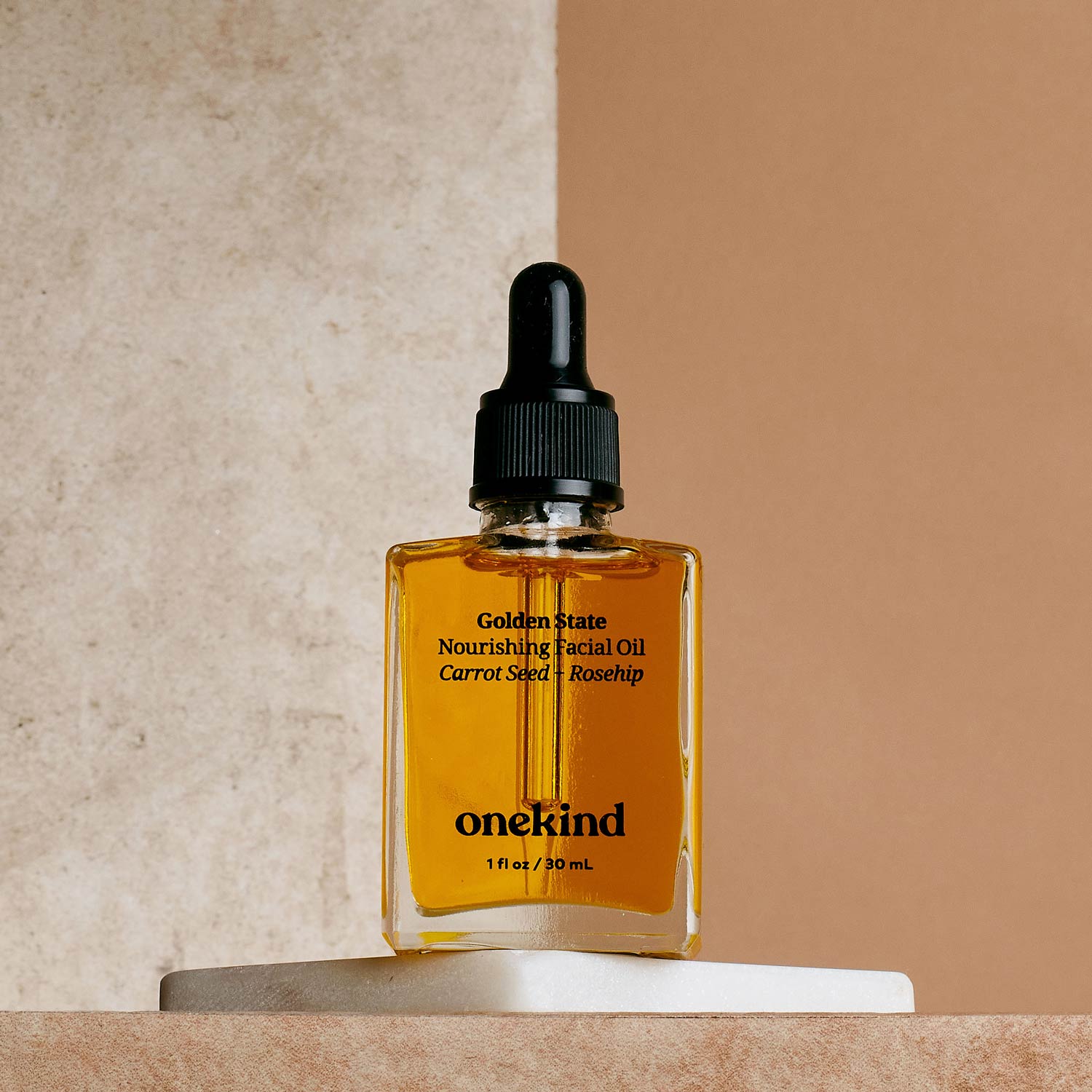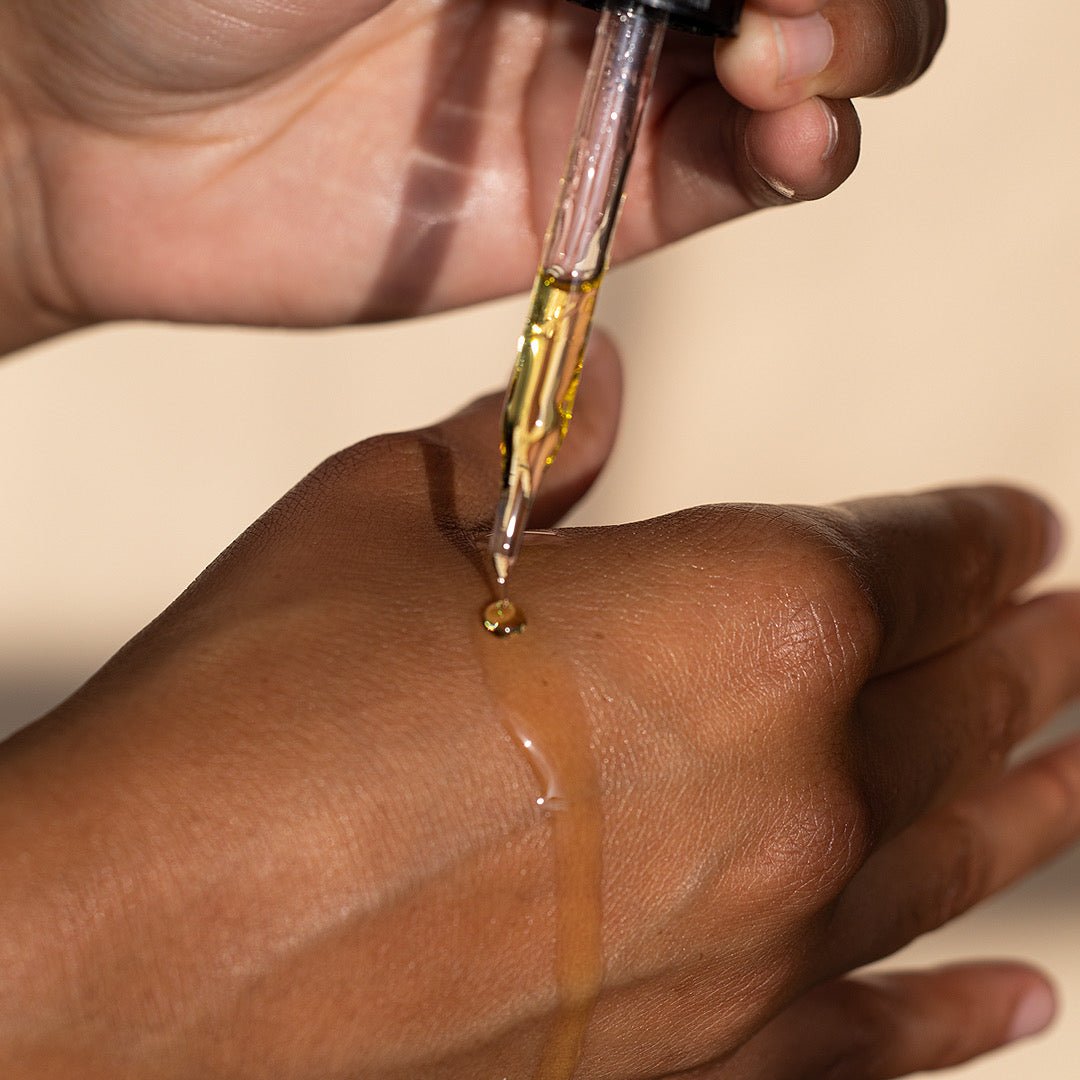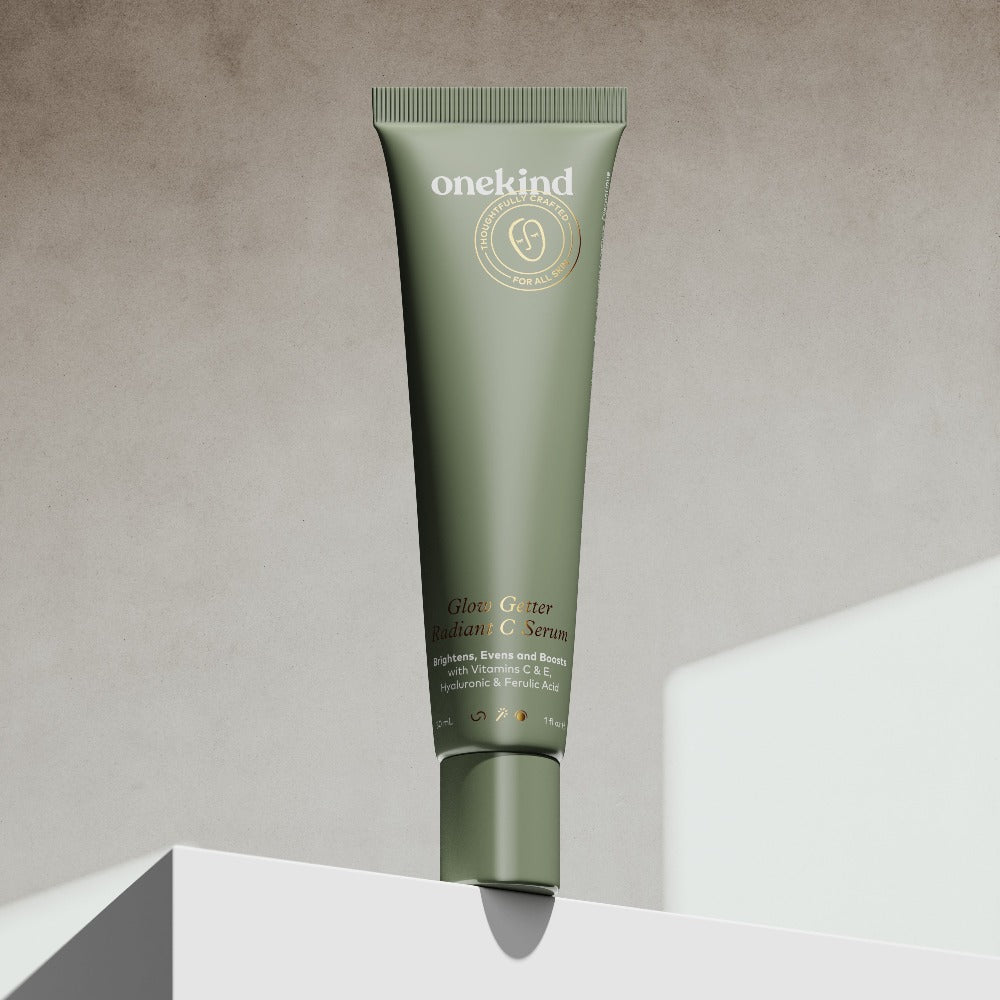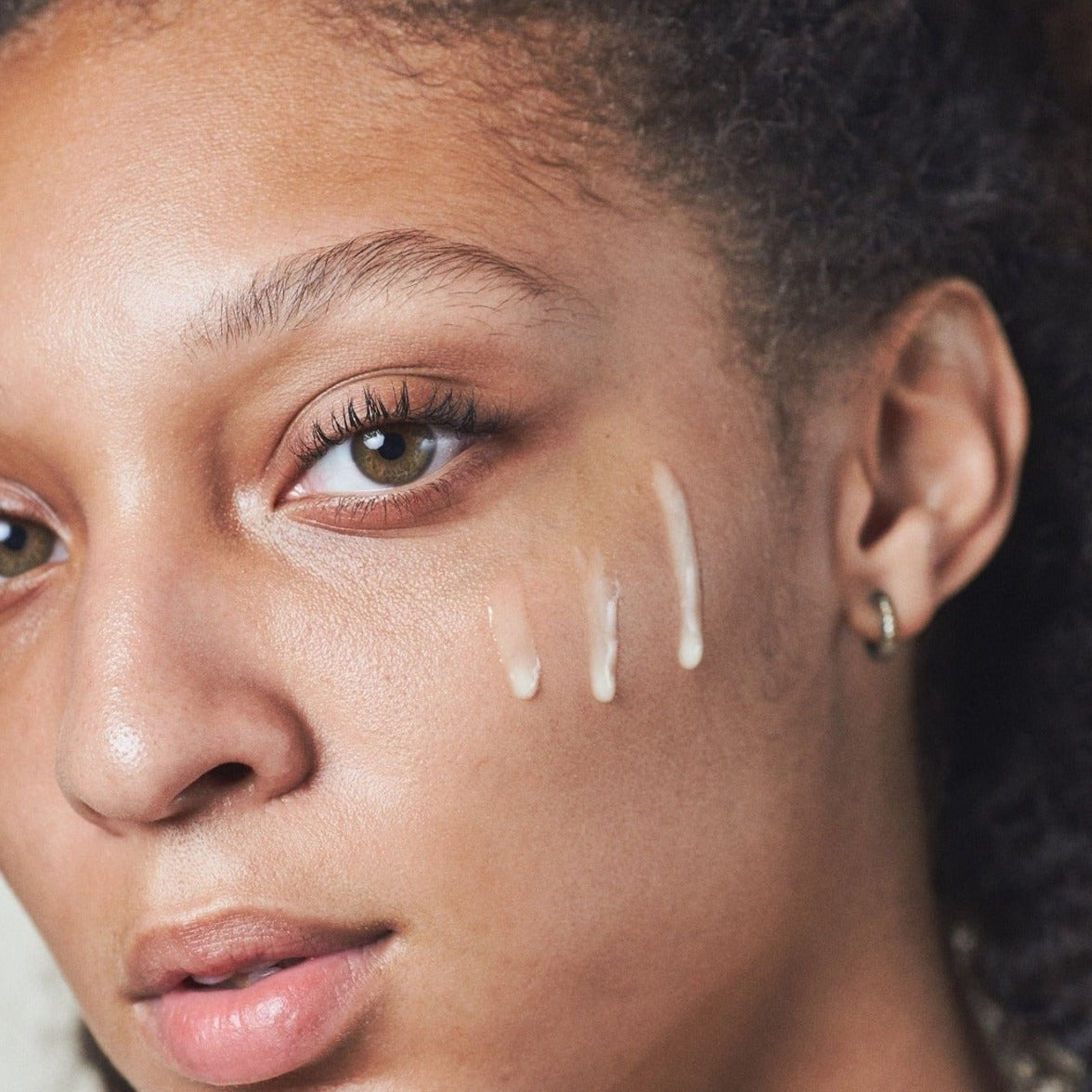We all know that the sun can be harmful to our skin, but many of us still don't take proper precautions to protect ourselves from its damaging rays. Sun damage can cause a range of problems, from minor sunburns to more serious conditions like skin cancer. But one of the most visible and noticeable effects of sun damage is premature aging. In this article, we'll explore how sun damage can lead to premature aging and why wearing the best tinted moisturizer with mineral sunscreen can protect your skin.
What is Sun Damage?
Sun damage refers to the harmful effects that the sun's ultraviolet (UV) radiation can have on our skin. UV radiation is invisible to the naked eye and can be divided into three types: UVA, UVB, and UVC. UVC is absorbed by the ozone layer and doesn't reach the earth's surface, but UVA and UVB can penetrate the atmosphere and cause damage to our skin, especially if you don't use a sunscreen for sensitive skin.
UVA radiation is responsible for skin aging, while UVB radiation causes sunburn. Both UVA and UVB can contribute to the development of skin cancer. Sun damage can cause a range of problems, from minor issues like sunburn and skin irritation to more serious conditions like skin cancer. To combat this, using the best waterproof sunscreen for activities involving water is essential, and a sunscreen serum can be ideal for those seeking a light, effective layer of protection.
How Does Sun Damage Cause Premature Aging?
Sun damage can cause premature aging by breaking down collagen and elastin fibers in our skin. Collagen is a protein that gives our skin its strength and elasticity, while elastin is a protein that helps our skin stretch and snap back into place. As we age, our bodies produce less collagen and elastin, which can lead to wrinkles, sagging skin, and other signs of aging.
Exposure to UV radiation can accelerate this aging process by breaking down collagen and elastin fibers in our skin. When collagen and elastin are damaged, our skin becomes weaker and less elastic, leading to the formation of wrinkles and sagging skin. Sun damage can also cause brown spots, freckles, and other discolorations, which can make our skin look older than it really is. To combat these effects, an anti-aging sunscreen can be an integral part of a skincare regimen.
In addition to breaking down collagen and elastin, sun damage can also cause inflammation in our skin. Inflammation is the body's natural response to injury or damage, and it can lead to redness, swelling, and pain. Chronic inflammation can contribute to a range of health problems, including heart disease, diabetes, and cancer. In the skin, chronic inflammation can contribute to premature aging by causing damage to collagen and elastin fibers.
Why You Should Wear Mineral Sunscreen
One of the best ways to protect your skin from sun damage and premature aging is to wear sunscreen. But not all sunscreens are created equal. Many commercial sunscreens contain chemicals like oxybenzone and avobenzone, which can be harmful to our health and the environment. Mineral sunscreen, on the other hand, uses natural minerals like non-nano zinc oxide to block the sun's rays.
Mineral sunscreen is a safe and effective way to protect your skin from sun damage. Unlike chemical sunscreens, which absorb UV radiation and convert it into heat, mineral sunscreens physically block the sun's rays by forming a barrier on the surface of your skin. This means that mineral sunscreen is less likely to cause skin irritation or allergic reactions, making it a good choice for people with sensitive skin, or when you're looking for the best tinted moisturizer for mature skin.
When choosing a mineral sunscreen with high SPF, there are a few things to keep in mind. Look for a sunscreen that contains zinc oxide or titanium dioxide as the active ingredients, and choose a sunscreen with an SPF of at least 30. It's also important to choose a sunscreen that is labeled "broad-spectrum," which means it protects against both UVA and UVB rays.
In addition to being safe for your skin, mineral sunscreen is also better for the environment. Chemical sunscreens can be harmful to marine life and coral reefs, while mineral sunscreen is biodegradable and doesn't contain the same harmful chemicals.
Shop Our Solardrops SPF 55 Broad Spectrum Serum
'Broad Spectrum' Protects Against UVA & UVB
When choosing a mineral sunscreen, there are a few things to keep in mind. Look for a sunscreen with an SPF (sun protection factor) of at least 30, which will protect your skin from about 97% of UV radiation. Make sure the sunscreen is labeled as "broad-spectrum," which means it protects against both UVA and UVB radiation. And choose a sunscreen that is water-resistant if you plan to be in the water or sweating.
When using mineral sunscreen, it's important to apply it properly for maximum protection. Apply the sunscreen at least 15 minutes before going outside, and reapply every two hours or after swimming or sweating. Be sure to apply enough sunscreen to cover all exposed areas of your skin, including your face, neck, and ears. And don't forget to apply sunscreen to areas that are often overlooked, like the tops of your feet and the backs of your hands.
Sun damage can cause a range of problems, from minor sunburns to more serious conditions like skin cancer. But one of the most visible and noticeable effects of sun damage is premature aging. Exposure to UV radiation can break down collagen and elastin fibers in our skin, leading to wrinkles, sagging skin, and other signs of aging. One of the best ways to protect your skin from sun damage and premature aging is to wear mineral sunscreen. Mineral sunscreen is a safe and effective way to block the sun's rays without harmful chemicals. When choosing and using mineral sunscreen, be sure to look for an SPF of at least 30, broad-spectrum protection, and water resistance, and apply it properly for maximum protection.
By taking these steps, you can help protect your skin from the harmful effects of the sun and keep it looking healthy and youthful for years to come.
Elevate Your Skin's Health and Glow with Solardrops ☀️
When it comes to safeguarding our skin from the sun’s relentless rays, our Solardrops SPF 55 Daily Broad Spectrum Serum emerges as a standout product, offering more than just UV protection. Although it doesn’t change your skin color like traditional tinted products, Solardrops is formulated to enhance your skin's health and natural glow, vying for the title of the best tinted moisturizer with SPF on the market.
This mineral-based serum relies on the protective powers of non-nano zinc oxide (check out this blog post we wrote specifically about this ingredient's super powers), a natural mineral renowned for its ability to defend against a wide spectrum of solar radiation, including UVA and UVB rays. Its finely milled particles sit comfortably on the skin's surface, ensuring effective coverage without the risk of pore blockage or irritation, making it an exemplary choice for those with sensitive or blemish-prone skin.
Unlike many sunscreens that can leave a conspicuous blue or white cast, Solardrops employs natural iron oxides to achieve a subtle tint that compliments your complexion. This innovative approach sets it apart, establishing it as one of the top-tier sunscreen serums that offers a hint of color without the struggle of finding the perfect shade to match your skin tone. The result is a flawless, universal hue that blends seamlessly with any skin color, enhancing your natural radiance and providing a sheer, healthy glow.
Moreover, the serum’s iron oxide component extends its protective properties beyond the typical sunscreen. While iron oxides are not a substitute for the broad-spectrum protection of zinc oxide, they have been recognized for their ability to mitigate the effects of visible light, particularly the high-energy blue light emitted by screens and the sun. This type of light can contribute to skin aging and exacerbate conditions such as melasma, making iron oxides a beneficial complement to zinc oxide's extensive protective effects.
With Solardrops, you no longer have to choose between a sunscreen that protects and a tinted moisturizer that beautifies. It’s an all-in-one product designed to meet the needs of discerning consumers who demand multi-functional skincare solutions. Whether you're stepping out for a casual day or layering it under makeup for added protection, Solardrops could just be the new holy grail addition to your daily skincare regimen, promising protection, comfort, and a touch of radiance without the heavy feel of traditional sunscreens.
As a daily sunscreen, it's easy to integrate into your skincare routine. Simply apply it as the final step in your morning regimen to ensure you're protected against the day's environmental aggressors. The days of choosing between heavy, pore-clogging sunscreens and ineffective tinted moisturizers are behind us—Solardrops is here to elevate your skincare experience.
